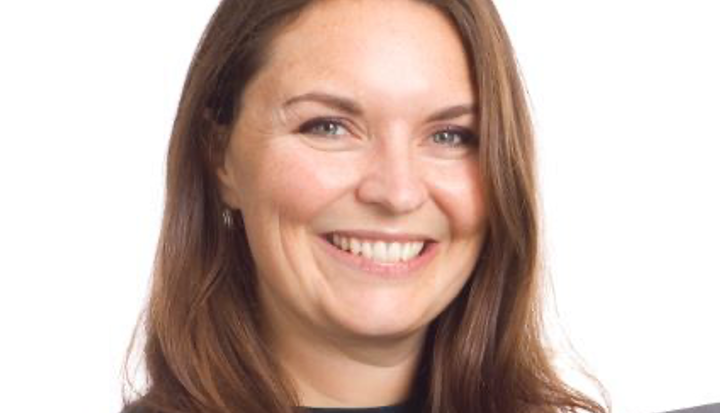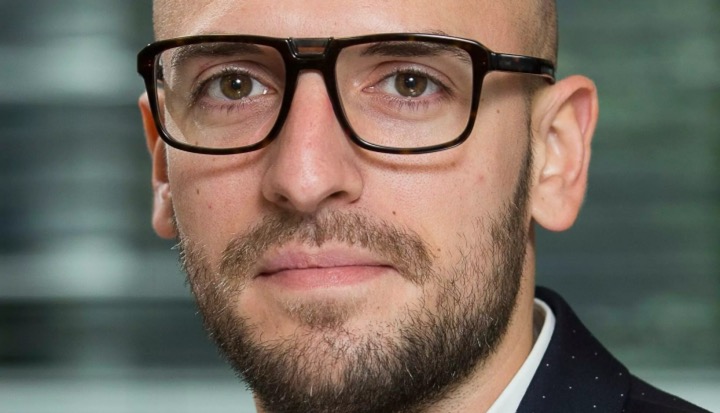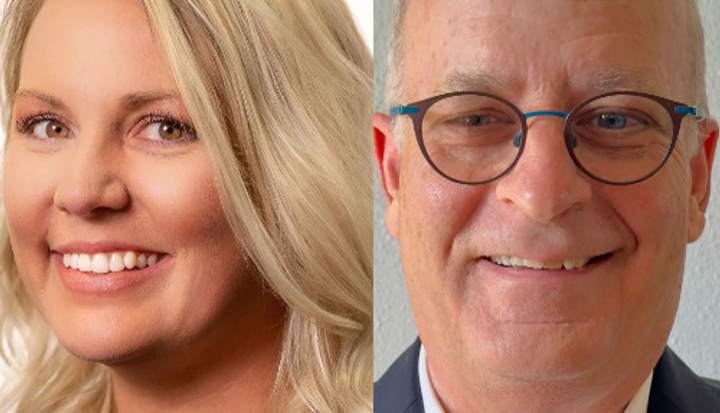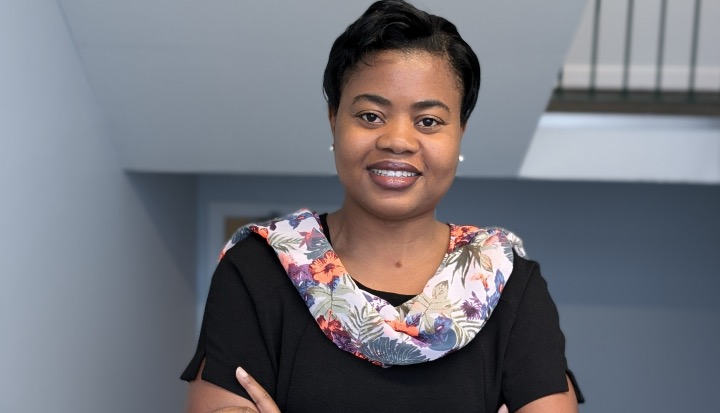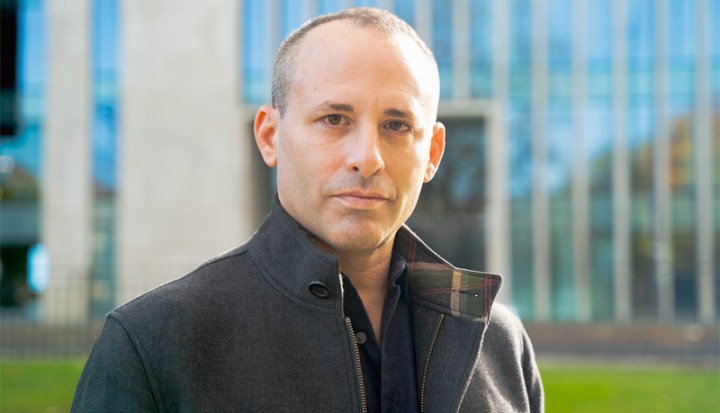Manila Water in the Philippines recently won The Unilever Global Development Award, supported by Business Fights Poverty. What do you think impressed the judges the most?
The Company’s social focus on giving greater access to the low-income communities is a major motivation given the large percentage of urban poor communities in eastern Metro Manila. Technically, we also found out that at the start of the concession that 50% of our water losses come from illegal connections very dominant in depressed and blighted communities so our thrust was reduce our losses so that water recovered could be re-distributed and re-channelled to underserved and areas without water. Manila Water employed a combination of social, stakeholder engagement, engineering and technical interventions to make this happen. Manila Water also restructured its organization by way of the Territory Management approach in order that focus will be centered on our customers, particularly those who have less or no access to water, and determine their needs and wants. This allows for more personal interaction with our customers which brings our services closer to the people.
Poor access to water leads to major health risks, how has your Water for the Poor Programme managed to address these challenges whilst reducing the cost of water at the same time?
People living in urban poor communities were used to getting free water through illegal connections and it was doubly difficult to convince them to ‘legalize’ and ‘regularize’ their connections. A key approach is to strengthen our engagement with different stakeholder groups by showing them the features, advantages and benefits of having legal water service connections both from the social, health, financial and environment perspectives. We had to secure the help of town councils and organize the communities while offering reasonable payment terms for the people while keeping the cost of water affordable for them.
Manila Water inherited a very old water system that needed replacement and rehabilitation. Financing our capital investment program in terms of replacing the water lines was a challenge when we started in 1997 because of the Asian financial crisis. We had to secure loans from local banks as well as get the approval of international financing institutions regarding the viability of our programs.
Over half of the customers you have added to your base since 1997 have been from the lower income group. How important has this growth been to the company?
The programme has been beneficial to both the business and the community. Among the realized business benefits are as follows:
- Reduction in non-revenue water. From a high system loss of 63%, it is now down to 11%. This is equivalent to a medium-sized dam where the government and Manila Water could have spent a sizeable amount.
- Increased water supply distributed to unserved and underserved areas despite no water sources developed. Without additional water sources, water recovered from the system loss reduction programs was able to supply the needs of areas without water and those who are underserved.
- Increased billed volume resulting to increased revenues. From 440 million liters per day of potable water, Manila Water now provides more than 1.3 billion liters of water to more than 6.3 residents of eastern Metro Manila and adjacent Rizal Province.
- Increased number of service connections resulting to regulatory compliance. As Manila Water is a regulated by the State’s Metropolitan Waterworks and Sewerage System through a concession agreement, we are able to comply with the regulatory requirements in so far as provider access to water is concerned.
- Higher collection efficiency. Manila Water averages 99 to 100% collection efficiency due to strong collection from urban poor communities.
- Strengthened engagement with customers as supporters and advocates. Key to the success of the Water for the Community Programme is strong engagement with various stakeholders from the regulators to the communities to the individuals including employees and service providers.
- In doing this program, it has also improved the social and environmental profile of Manila Water both locally and internationally.
World Water Week focused this year on the link between water and development. In what ways has Manila Water been able to contribute to the development of local communities?
Manila Water looks at community development holistically. It is a triumvirate of water provision, provision for sanitation and sewerage and provision for livelihood to sustain the first two services.
We had to make connection charges affordable to customers. Savings of families from the provision of water have redounded to increased productivity and additional budget for other family needs such as food and education. The livelihood program, in coordination with the Manila Water Foundation, has allowed community cooperatives to have participation in the Manila Water supply chain.
What challenges lie ahead for Manila Water?
Rising customer expectations provide the biggest challenge for Manila Water as we had to anchor our operations in the way that would meet the customer expectations. The company has started the use of the Geographic Information System as well as the Enterprise Asset Management Information System to enable faster resolution to customer concerns.
We need to be able to address water security for Metro Manila, make our facilities disaster-resilient against the continuing threats of climate change, inculcating the need for used water management as well as environmental sustainability.
In the future, Manila Water looks into various programs and innovations that will facilitate water provision including the following:
- Cheaper technologies on desalination and less reliance on the construction of dams tapping freshwater reserves
- Extensive microtunnelling to lessen public inconvenience of excavating roads causing traffic
- More and cheaper water-saving devices that can be used within the homes and not only in commercial or industrial establishments
- A dual-piping system for clean drinking water and grey or re-used water
- More extensive programs on water re-use and water recycling

